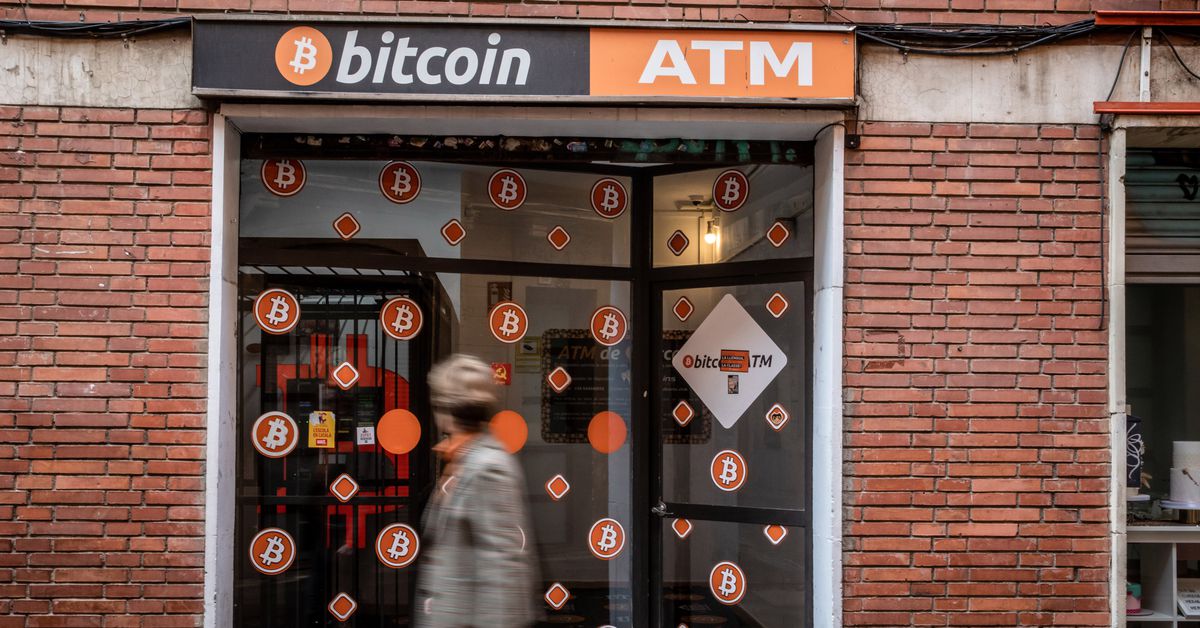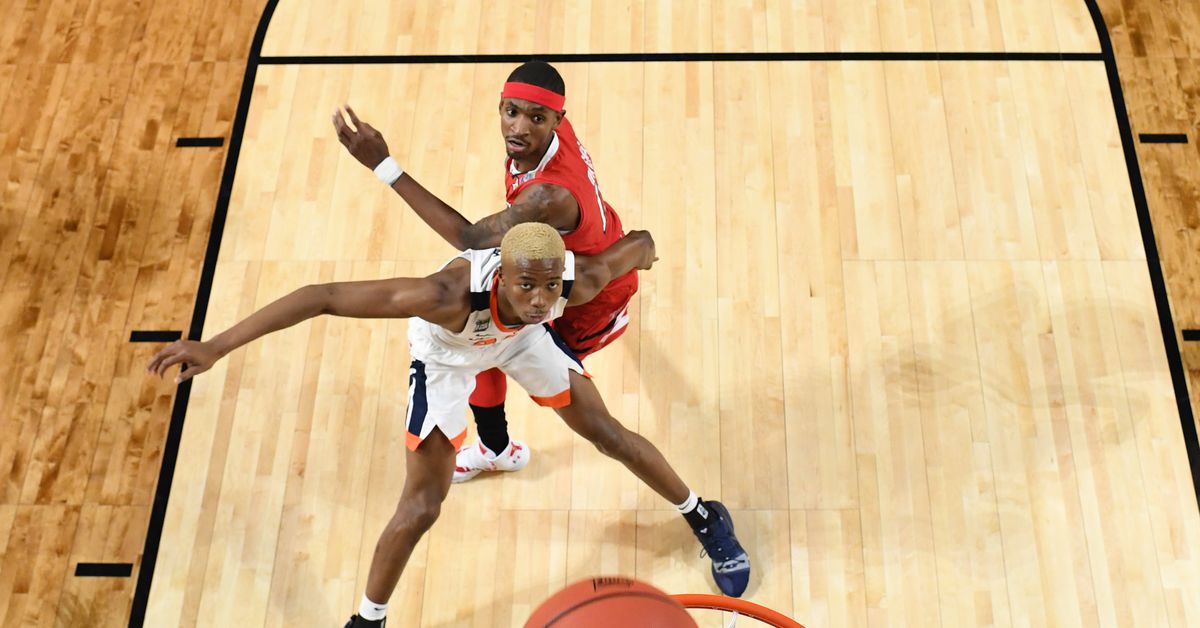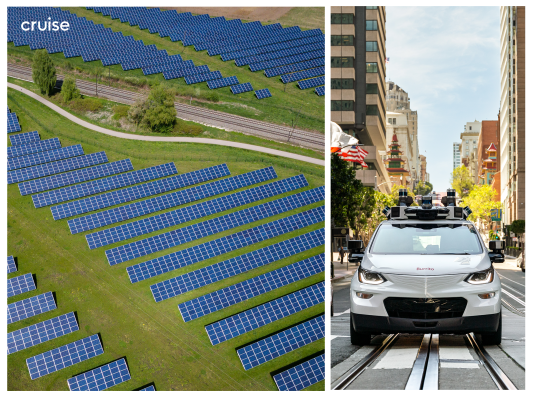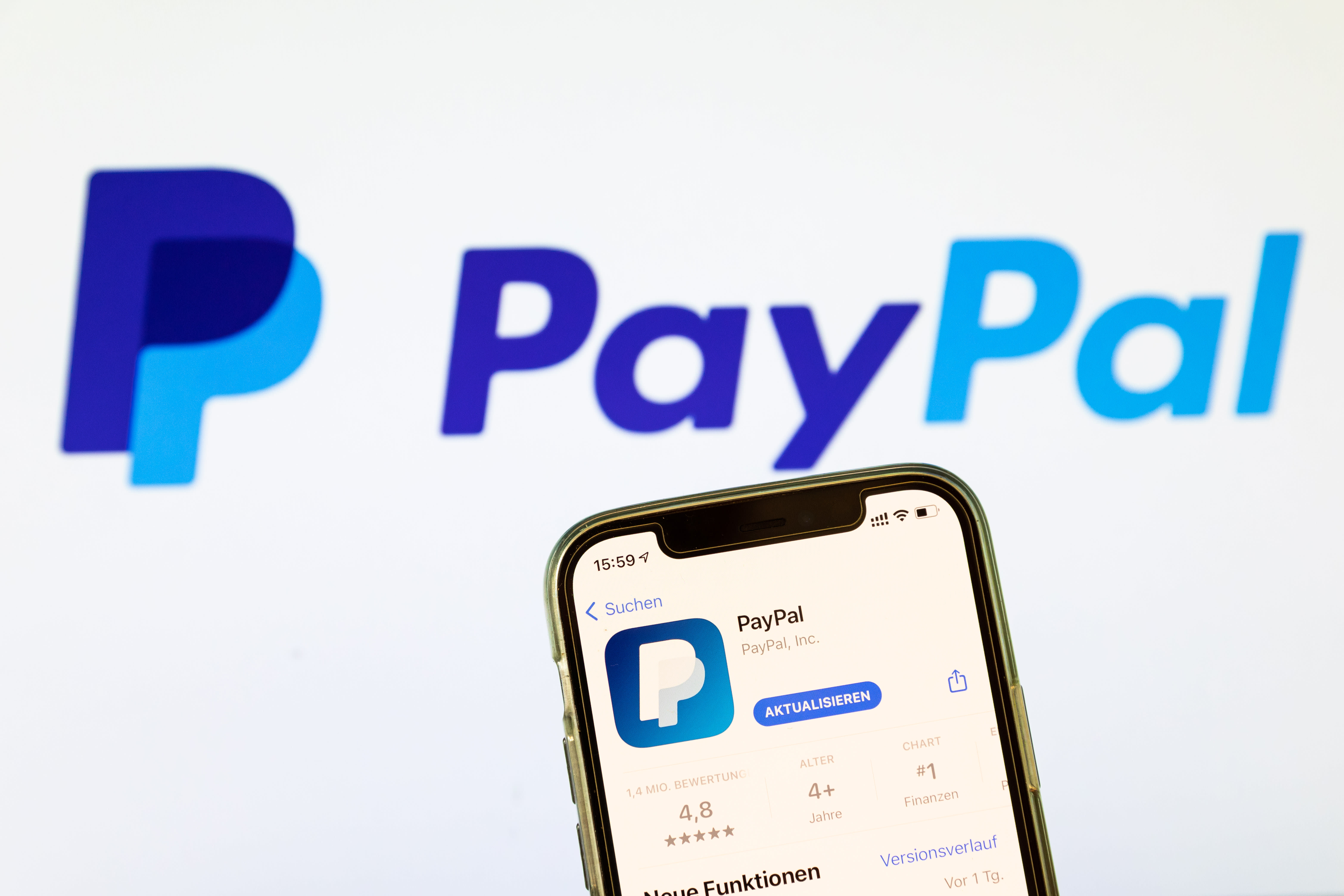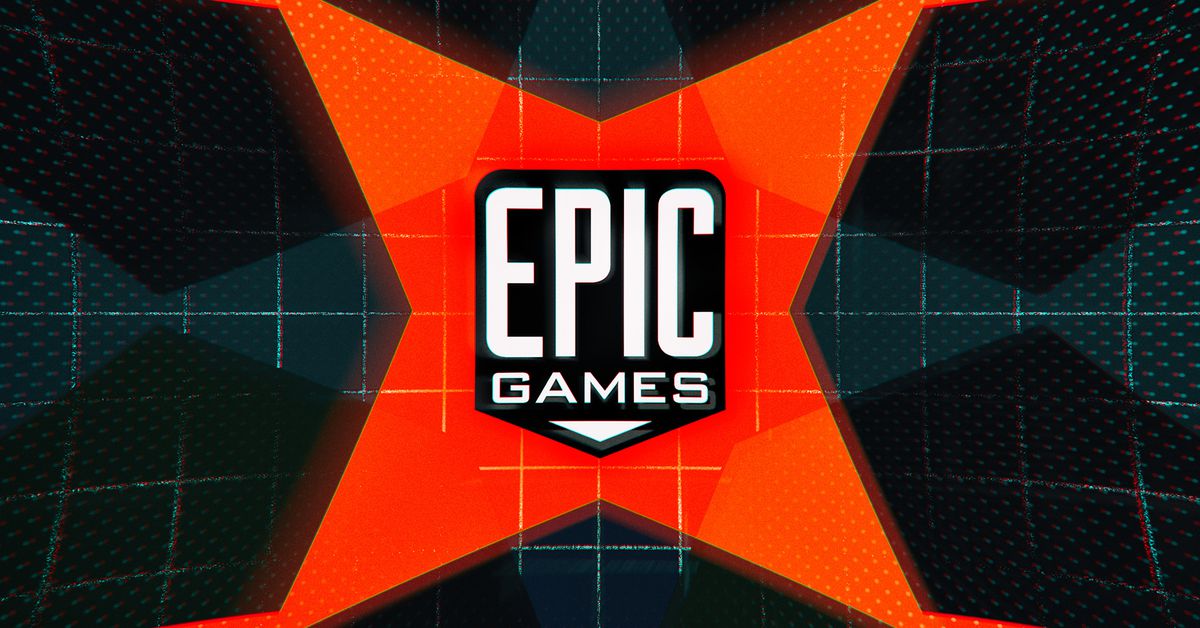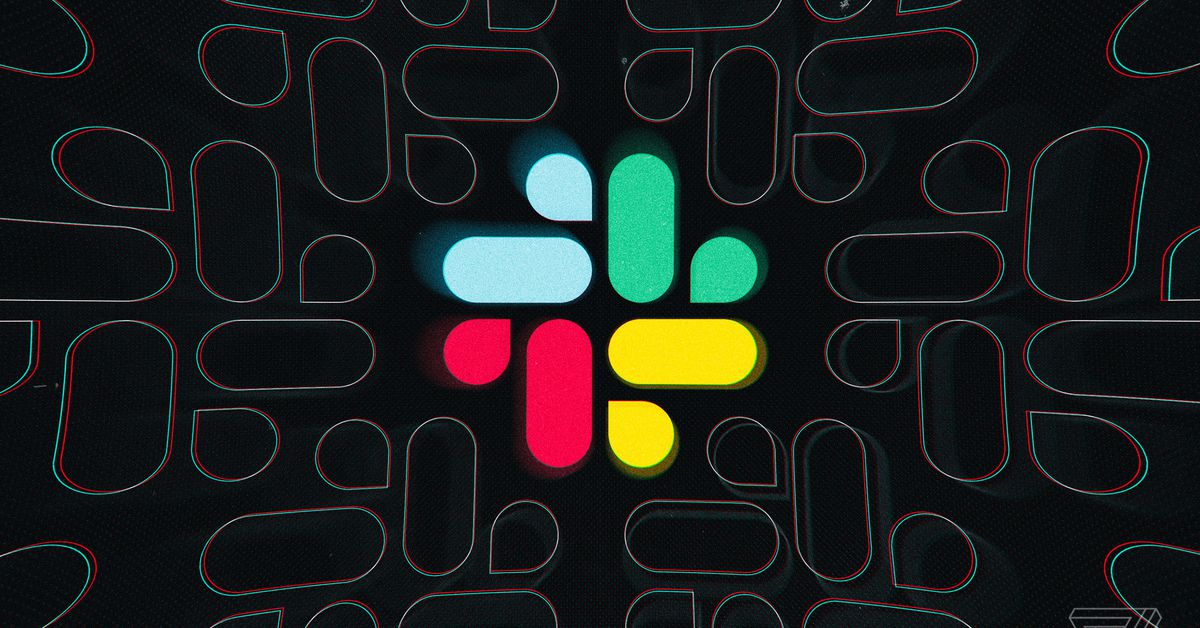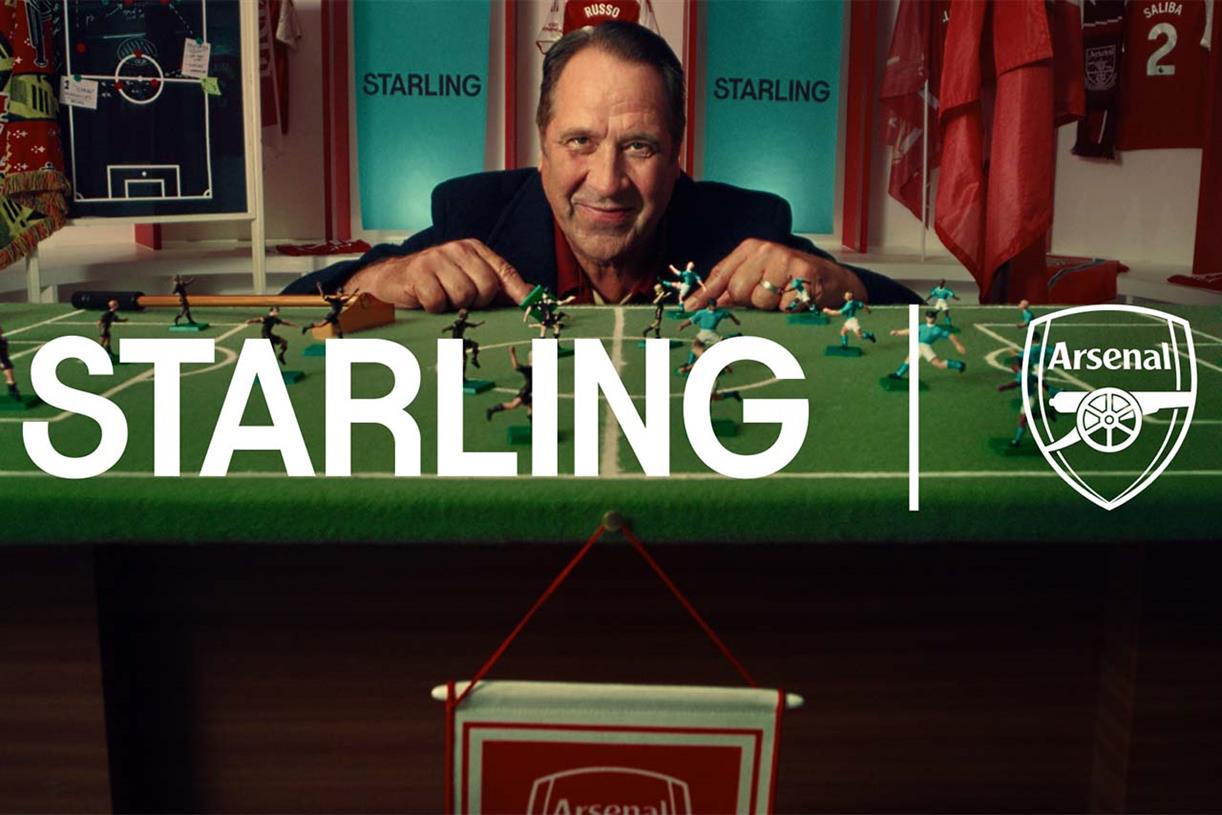OpenAI CEO Sam Altman says he's a 'little bit scared' of A.I.
OpenAI CEO Sam Altman said he's a "little bit scared" of technology such as OpenAI's ChatGPT, in an interview with ABC News.
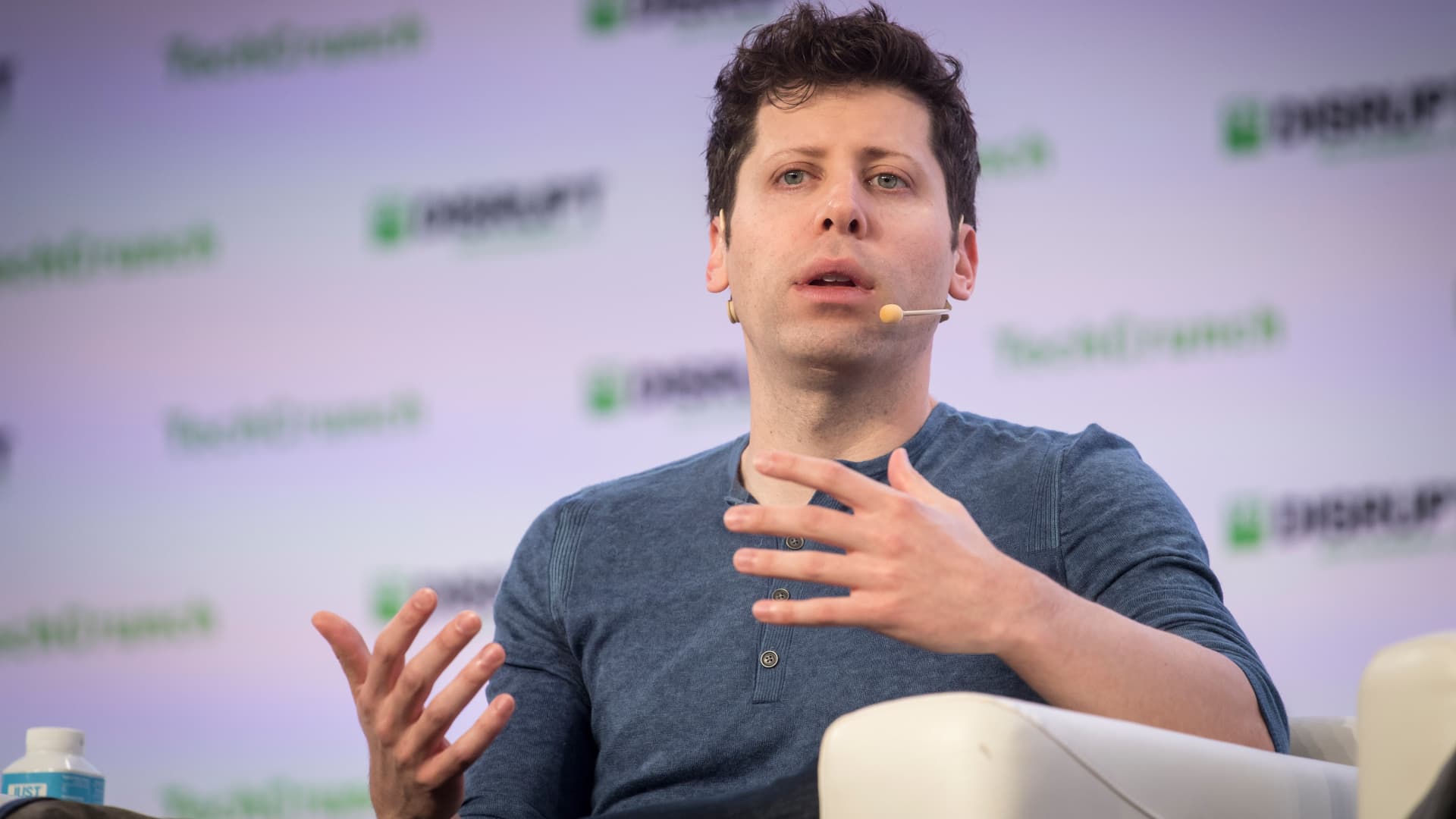
Sam Altman, co-founder and chief executive officer of OpenAI Inc., speaks during TechCrunch Disrupt 2019 in San Francisco, California, on Thursday, Oct. 3, 2019.
David Paul Morris | Bloomberg | Getty Images
OpenAI CEO Sam Altman said in a recent interview with ABC News that he's a "little bit scared" of artificial intelligence technology and how it could affect the workforce, elections and the spread of disinformation.
OpenAI developed the ChatGPT bot, which creates human-like answers to questions and ignited a new AI craze.
"I think people really have fun with [ChatGPT]," Altman said in the interview.
But his excitement over the transformative potential of AI technology, which Altman said will eventually reflect "the collective power, and creativity, and will of humanity," was balanced by his concerns about "authoritarian regimes" developing competing AI technology.
"We do worry a lot about authoritarian governments developing this," Altman said. Overseas governments have already begun to bring competing AI technology to market.
Chinese tech company Baidu, for example, recently held a release event for its ChatGPT competitor, a chat AI called Ernie bot.
Years before Russia's invasion of Ukraine, Russian President Vladimir Putin said whoever becomes the leader in AI technology "will be the ruler of the world." Altman called the comments "chilling."
Both Google and Microsoft have aggressively stepped up their AI plays. Microsoft chose to partner with Altman's OpenAI to integrate its GPT technology into Bing search. Google parent Alphabet unveiled an internally developed chatbot called Bard AI, to mixed feedback from Google employees and test drivers.
The influence of ChatGPT and AI tools like it hasn't yet reverberated through the American election process, but Altman said the 2024 election was a focus for the company.
"I'm particularly worried that these models could be used for large-scale disinformation," the CEO told ABC.
"Now that they're getting at writing computer code, [models] could be used for offensive cyberattacks," he said.
ChatGPT's programming prowess has already made a mark on many developers. It already functions as a "co-pilot" for programmers, Altman said, and OpenAI is working toward unlocking a similar functionality for "every profession."
The CEO acknowledged that it would mean many people would lose their jobs but said it would represent an opportunity to come up with a better kind of job.
"We can have a much higher quality of life, standard of living," Altman said. "People need time to update, to react, to get used to this technology."
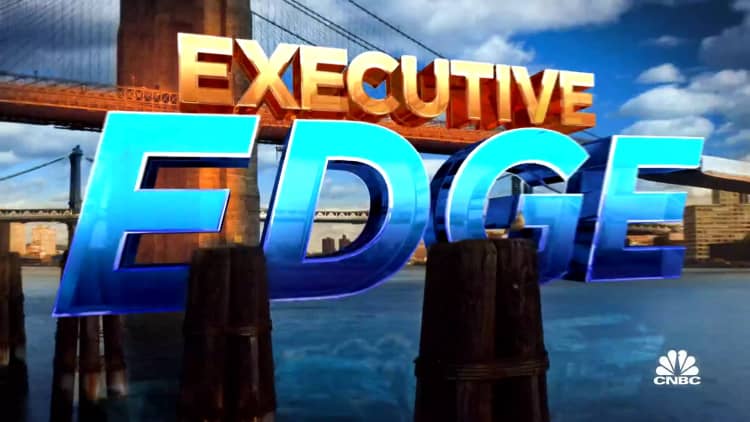

 ShanonG
ShanonG 







